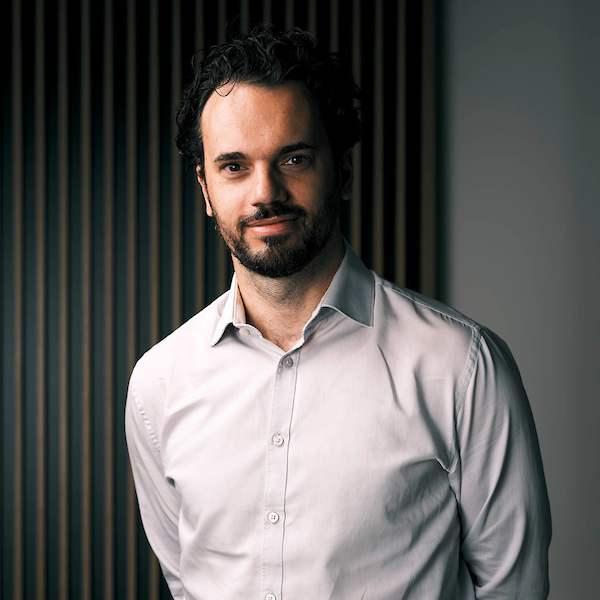Research Luxembourg Focus: Precision Health
19 January 2023

Improving health for each and every one of us
Using precision health to translate data into meaningful health benefits tailored to the individual.
What does the future of healthcare look like? Will artificial intelligence change the way we diagnose patients?
Luxembourg has the ambition to be a pioneer in the implementation of cutting-edge health technologies. It strives to be among the leading countries in the world in the field of personalised data-driven medicine.
In order to achieve this goal, precision health will play an important role. Therefore, Luxembourg is committed to biomedical research that will ultimately be beneficial to the patient, all the while contributing to the consolidation of an innovative, sustainable, and efficient health system. This will accelerate the development of more effective preventive and diagnostic tools as well as better and safer treatments for patients.
Patient-centered medicine
Precision health takes into consideration differences in people’s genetic backgrounds, behaviours and environments to develop treatment and prevention strategies based on their individual condition and background.
The term precision health includes precision medicine as well as key factors that take place outside the doctor’s office or the hospital, such as health promotion and disease prevention. Precision medicine, also called personalised medicine, helps doctors find unique treatments for disease risks that are tailored to each individual. Therefore, precision health will help us stay healthy and understand which treatments work best with the fewest side effects.
Precision health: a better understanding
Genomics: a person’s genes can suggest what diseases they might be predisposed to, but it is an incomplete portrait of human health.
Phenotype: a snapshot of a person’s state of health that can be used to prevent, diagnose and treat disease or improve health.
Behaviours/Environment: external factors like exercise, diet, microbiota and where one lives, influence a person’s health.
Leading the effort in Luxembourg
The Luxembourg Institute of Health (LIH) is a public biomedical research organisation focused on precision health. It is invested in becoming a leading reference in Europe for the translation of scientific excellence into meaningful benefits for patients.
Within the LIH, Dr Guy Fagherazzi leads the Department of Precision Health, which focuses on epidemiological, clinical and public health research. The department works across a wide range of areas including digital health, lifestyle, human biomonitoring, health economics and sociodemographic inequalities in key diseases such as cardio-metabolic conditions, neurodegenerative diseases, cancer, and COVID-19. Using the evidence they have generated, they aim to tackle the major causes of morbidity and mortality, improving quality of life and supporting clinical practices and public health bodies to advance the field of precision health.

Personalised medicine and precision health are two closely related concepts. Personalised medicine focuses on treating, diagnosing and monitoring patients, while precision health is a broader concept that goes beyond personalised medicine and covers aspects of prevention and precision public health. The basic idea is to move away from standardised medicine for everyone, in which the same approaches are used regardless of the patient, and towards more individualised treatments. We try to identify the best approach in line with each individual’s profile so that we can meet the patient’s needs as closely as possible.
Dr Guy Fagherazzi









